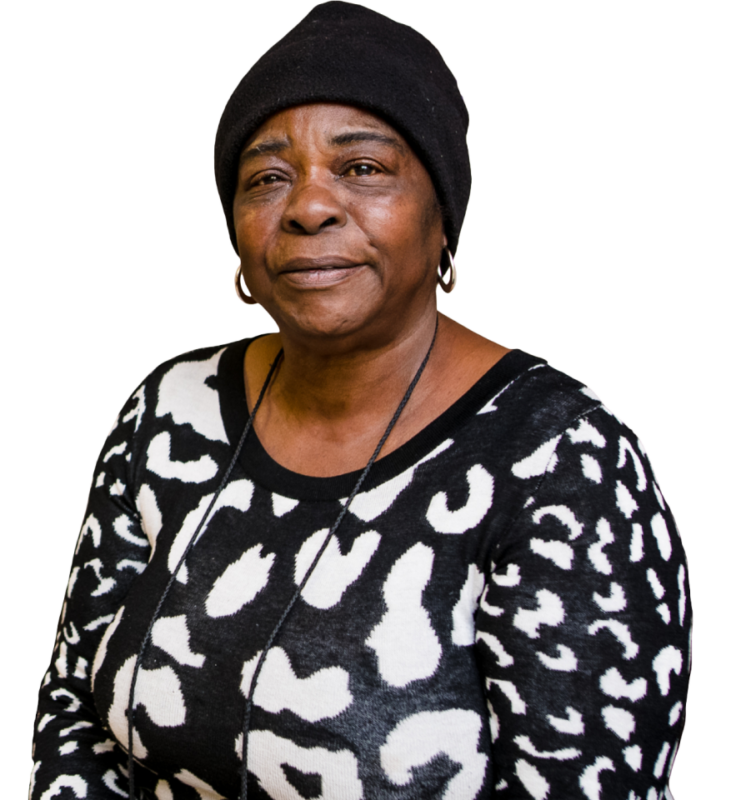Coverage & Care

Why coverage & care should be so much better
More people than ever have health insurance in the United States, thanks to the enactment of the Affordable Care Act in 2010. Still, at least 26 million people remain uninsured because our current system is overly complex and entrenched in discriminatory policies that create barriers to coverage. As a result, a disproportionate number of uninsured people are those who have been historically harmed by our health system: Black and brown people, Indigenous people, LGBTQ+ people, and immigrants.
60% of those impacted are Black and brown people
In 10 states, millions of people do not have health insurance because their state government refuses to expand Medicaid coverage under the Affordable Care Act. As a result of discriminatory barriers to economic security, 60 percent of impacted people are Black and brown people.
Similarly, immigrants face discriminatory barriers to coverage, including barriers to Affordable Care Act plans and barriers to coverage under the Medicaid and the Children’s Health Insurance Program (CHIP).
For those eligible for insurance, enrollment for private and public plans can be confusing and time-consuming. While the government has established “Navigators” and “Certified Application Assisters” to help people enroll, there aren’t enough resources to support their work, and there aren’t enough of them — leaving many people without the information they need to find coverage that works best for them. If you do sign up for coverage, you may encounter a series of unnecessary and intrusive questions, which may prevent you from continuing, or further undermine your trust in the system.
If the goal is to make sure everyone has what they need to be healthy, we’re far from it.
As important as they are, Medicare and Medicaid programs need much improvement. For example, the benefits under both are simply inadequate. So many vital services, like dental, abortion, postpartum care, hearing, and vision benefits, are not covered at all — while others like maternity care, mental health, and substance use disorder treatment are woefully lacking.
Many providers don’t accept Medicaid or Medicare — and those that do often don’t reflect the communities they serve. Representation matters: finding a provider who speaks your native language, or understands your beliefs, culture, or other facets of your life is so important in building trust and receiving culturally-competent care.
So we’re demanding changes that: dramatically expand who can get covered; make the enrollment experience more efficient and intuitive; expand what benefits are covered; and ensure access to trusted providers no matter where you live.
And, as we are breaking down barriers in the health coverage and enrollment programs of today, we are also creating space to explore the bigger picture question: How do we rebuild our country’s coverage policies and programs so that everyone has what they need to be healthy?
Our Approach
- Expand Medicaid coverage for people who are unfairly excluded from the program, including people living in non-Medicaid expansion states, justice-involved populations, and immigrants.
- Drive policy change that improves coverage in Medicaid, CHIP, Medicare and other programs, including better coverage for abortion, maternity, dental, and substance use disorder care.
- Build stronger state and national standards for the benefits that must be covered by health insurance in both public and private health plans.
- Push for policy and practice changes that ensure people have access to the providers they trust, regardless of what type of insurance they have.
- Push for a re-imagining of enrollment systems so that there are significantly more resources for community-based organizations doing enrollment work, and so that enrollment in health insurance is aligned with voter registration and other essential programs, such as enrollment in reduced-price lunches for school kids or the Supplemental Nutrition Assistance Program (SNAP).
- Develop bold policy proposals designed to re-envision our nation’s system of coverage so that everyone has affordable, accessible coverage and care.